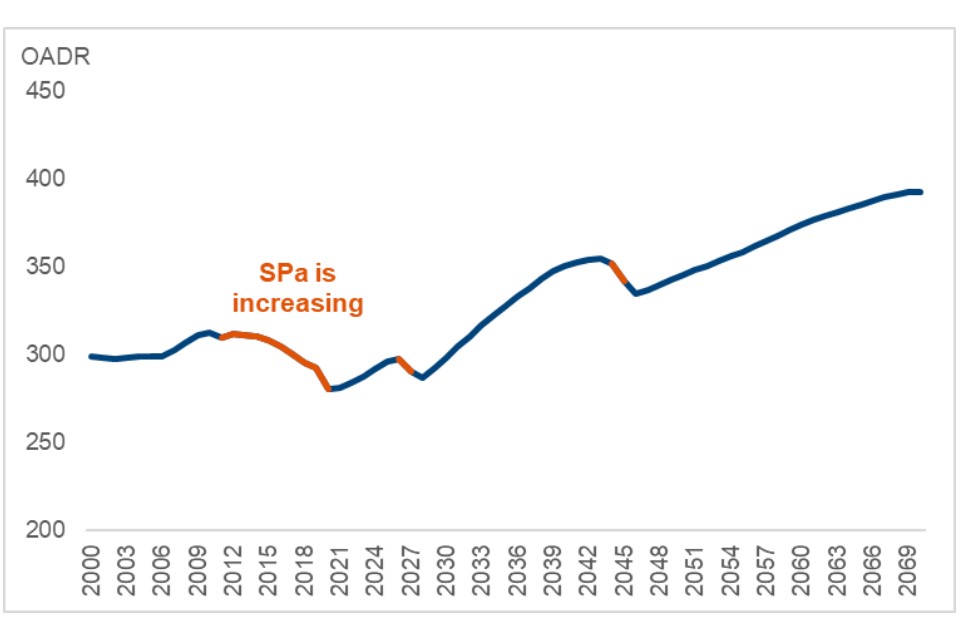
Introduction to the State Pension Age Review
The review of the government state pension age is a crucial topic that impacts millions of citizens across the United Kingdom. With increasing life expectancy and changing demographics, understanding how the state pension age is determined is vital for current and future retirees. The government aims to ensure that the pension system remains sustainable while addressing the needs of an aging population.
Background and Current Context
The state pension age in the UK has been subject to various changes over the past decade, influenced by factors such as increased life expectancy and economic conditions. Currently, the state pension age is set at 66 years for both men and women, with plans to raise it to 67 by 2028 and to 68 by 2039. In response to public concern, the government has initiated a review to consider the implications of these changes.
Recent Developments
In recent months, there has been growing public discourse on the timing of the pension age and the potential implications for those nearing retirement. The review comes alongside ongoing discussions about the adequacy of retirement income, particularly in light of rising living costs and inflation rates. Several advocacy groups have highlighted that the existing age thresholds may disproportionately affect certain demographics, particularly those in manual labour jobs who may not be able to work into their later years.
As part of the review, the government has invited feedback from stakeholders, including older adults, labour unions, and economic experts. The review is expected to consider alternatives to the current projected timetable and assess whether changes are warranted based on lifespan increases and economic indicators.
Implications for Future Policy
While the review is ongoing, it remains crucial for readers to understand the potential outcomes and their significance. Changes to the state pension age can dramatically influence financial planning for retirement, especially for those currently in their 50s and 60s. Moreover, if adjustments are made, the government may explore options for interim support for those likely to be most affected.
Conclusion
The government state pension age review represents a significant opportunity to address both public concerns and economic realities. Looking forward, it will be essential for policymakers to balance the need for fiscal responsibility with the rights and needs of older citizens. As the review progresses, ongoing communication and transparency from the government will be critical in ensuring that citizens are informed and prepared for any changes that may arise.
You may also like

Understanding the Current Political Landscape in the UK

The UKIP Party: Recent Developments and Future Outlook

Boris Johnson: A Look at His Current Political Landscape
SEARCH
LAST NEWS
- Remembering Wendy Richard: The Promise to Co-Star Natalie Cassidy
- How Did Anglian Water Achieve an ‘Essentials’ Rating for Mental Health Accessibility?
- Shai Hope Leads West Indies in T20 World Cup Clash Against South Africa
- What We Know About Weston McKennie: Future at Juventus and Past at Leeds
- What We Know About the Upcoming Live Nation Antitrust Trial